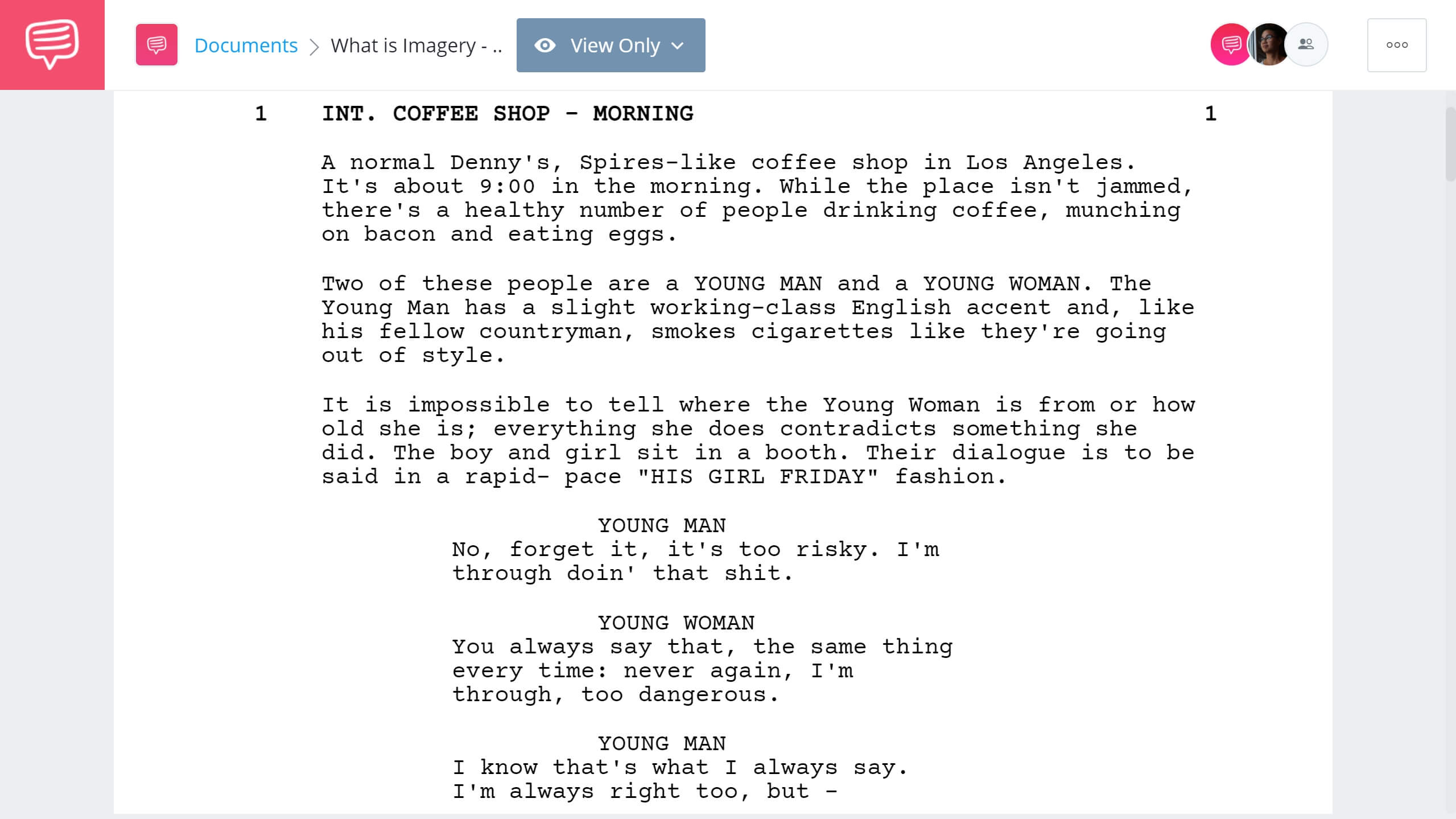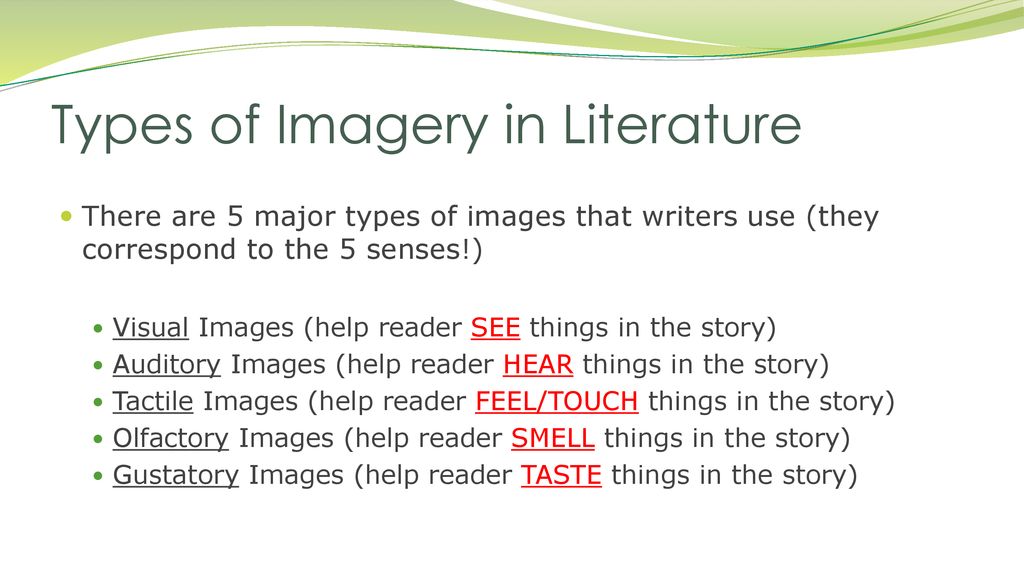

There are two major categories of memory: long-term memory and short-term memory. Our long-term memories are a bit more complex than our short-term memories. Short-term memory only lasts 20 to 30 seconds. The 7 Types of Memory and How to Improve Them Memories of events or items tend to be recalled in the same order in which they were experienced, so by thinking through a list or series of events, you can boost your recall of successive items.Sensory memory is not consciously controlled it allows individuals to retain impressions of sensory information after the original stimulus has ceased. The three main forms of memory storage are sensory memory, short-term memory, and long-term memory. You are more likely to benefit from training exercises that constantly challenge you (such as learning a new language) than from playing card games on your phone. While developing a photographic memory is impossible, you can train yourself to improve the memory you do have.

Can you train yourself to have a photographic memory? Great memory for things you read or hear? That's your verbal-linguistic intelligence at work. According to a 2010 studyTrusted Source, it has a strong relationship with fluid intelligence. You observe and remember Working memory is your ability to store and work with specific pieces of information. Most photographic memories only last a few months at most, as they are not relayed to long-term memory. Photographic memory is the ability to recall an image for a much longer period. However, this memory lasts less than one second for most people, no more than a few seconds for others. Does everyone have a visual memory?Įveryone has an eidetic memory. Short-term visual memory is the ability to recall images that have just been viewed. Visual memory is the ability to remember or recall information such as activities, pictures or words that have been viewed in the past. You can help your child improve working memory by building simple strategies into everyday life. How can I help my child with poor visual memory? These can lead to the patient losing their spatial memory, and/or their visual memory for specific things. Mentally associate the visual images you created to each other.ĭeficits in visual memory can also be caused by disease and/or trauma to the brain.



 0 kommentar(er)
0 kommentar(er)
